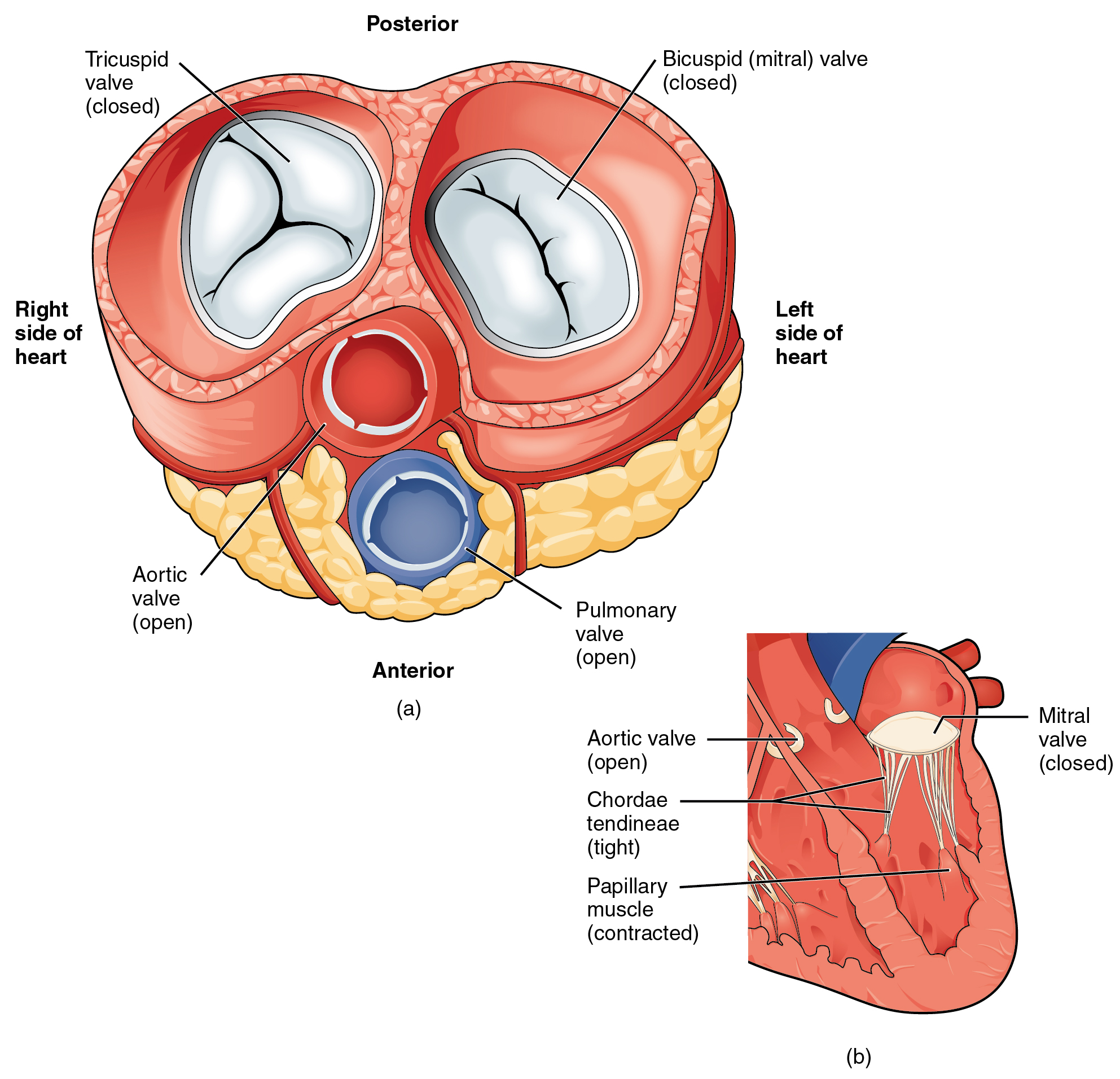Apply Now
Effective Ways to Optimize Your Diet in 2025
To stay healthy in 2025, optimizing your diet is essential. With evolving food trends and nutritional science, adjusting your eating habits can enhance your overall well-being. Adopting effective strategies for a balanced diet ensures not only weight management but also improved energy levels, better immune functions, and long-term health benefits. This article explores essential ways to optimize your diet in 2025, including meal planning, quick meals, and innovative dietary preferences like plant-based and low carb diets.
Understanding the benefits of healthy eating and meal prepping is vital in achieving your dietary goals. Whether you're aiming for weight loss or simply looking to enhance your nutrition, the following sections will provide insights and practical strategies to help you succeed.
Essential Meal Planning Strategies for a Balanced Diet
Meal planning is pivotal for maintaining a balanced diet and achieving weight loss objectives. By organizing your meals ahead of time, you can ensure that your diet remains nutritious and aligned with your health goals.
Commit to a Weekly Meal Prep Routine
Creating a weekly meal prep routine streamlines the cooking process and minimizes last-minute unhealthy food choices. Dedicate a few hours each week to prepare balanced meals that can be easily stored and reheated. This practice not only saves time but also allows you to control portion sizes. Aim to incorporate a variety of whole foods, lean proteins, and healthy fats to enhance nutrient diversity.
H3>Incorporate Dietary Preferences into Your Plans
Embrace dietary preferences such as vegan, paleo, or gluten-free diets by incorporating these themes into your meal planning. Explore new recipes that align with these preferences, ensuring you're not only adhering to dietary guidelines but also enjoying your meals. Incorporating diverse cooking techniques will make it easier to stick to a dietary plan that suits your lifestyle.
Practical Tips for Weight Loss through Nutrition
Adopting healthy eating habits is crucial for effective weight loss. By focusing on nutrition rather than calorie counting, you can pave the way for sustainable weight loss.
Understand the Importance of Portion Control
Learning about portion control can significantly aid in weight management. By familiarizing yourself with serving sizes, you can prevent overeating while still enjoying your favorite foods. Using measuring tools or visual cues, like a food diary, can help you track your portions accurately.
Choose Nutrient-Dense Foods for Ultimate Benefits
When planning meals, focus on nutrient-dense foods that provide vitamins and minerals without excessive calories. Foods such as vegetables, legumes, lean proteins, and healthy fats can improve satiety and ultimately support weight loss efforts. Be mindful of your food choices, and opt for meals that meet your nutritional needs while offering satisfying flavors.
Exploring Innovative Diets for Optimal Health
With an ever-evolving understanding of nutrition, several innovative diets have emerged that can effectively enhance your health outcomes.
The Rise of Plant-Based Eating
A plant-based diet has gained popularity for its numerous health benefits. Focused on whole foods, this diet emphasizes fruits, vegetables, grains, and legumes while minimizing animal products. Plant-based diets can be rich in fibers and antioxidants, supporting gut health and reducing inflammation.
Benefits of the Mediterranean Diet
Recognized as one of the healthiest dietary patterns, the Mediterranean diet is rich in healthy fats, whole grains, fruits, and vegetables. This approach promotes heart health and can help in weight management. Incorporating anti-inflammatory foods and mindful eating habits can further enhance your dietary experience.
Healthy Snacking Choices for Sustained Energy
Healthy snacking can effectively bridge the gap between meals and maintain energy levels. Selecting the right snacks can contribute positively to your overall dietary goals.
Quick and Nutritious Snack Ideas
Creating quick meal ideas for snacks involves incorporating options like nuts, berries, and yogurt. These snacks not only satisfy cravings but also provide essential nutrients. Prepare healthy snacks in advance to keep them readily available during busy days.
Mindful Eating During Snack Time
Mindful eating practices elevate the snacking experience. By focusing on your food, savoring flavors, and acknowledging portion sizes, you can enhance your relationship with food. Remember that snacks should complement meals and contribute positively to your diet.
Meal Swaps and Dietary Flexibility
Adapting your diet through smart meal swaps can significantly improve your nutrition without sacrificing flavor.
Simple Ingredient Substitutions
Identify healthy alternatives to commonly used ingredients. For example, swap white rice for quinoa or traditional pasta for zucchini noodles. These substitutions can enhance nutrient density while allowing you to enjoy familiar flavors guilt-free.
Dining Out: Making Smart Choices
When dining out, opt for restaurant meal choices that align with your dietary objectives. Look for dishes rich in vegetables, lean proteins, and healthy fats. Understanding food labels and nutritional information can help you navigate menu options effectively.
Q&A: Common Questions About Optimizing Your Diet
How can I estimate my caloric needs for weight loss?
To estimate your caloric needs, you can use online calculators that consider age, gender, weight, height, and activity level. Many factors influence calorie intake, so consult with a nutritionist for personalized recommendations.
What are the benefits of tracking my food intake?
Tracking your food intake through a food diary can help you manage your eating habits, identify patterns, and develop a better understanding of your nutritional choices. This awareness contributes to successful dieting and long-term health improvement.
Should I consider nutritional supplements?
Nutritional supplements can be beneficial when dietary intake falls short of needs. However, consult with a healthcare professional before introducing any supplements to your diet to ensure they align with your health goals.

